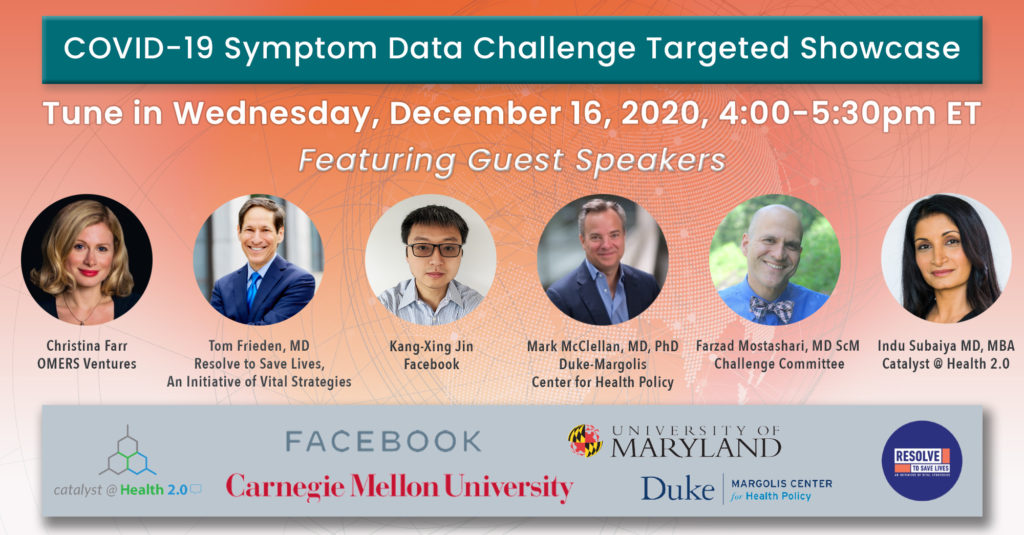
By KIM BELLARD
I really wasn’t expecting to write about the Metaverse again so soon, after discussing it in the context of Roblox last March, which itself followed a look at Epic Games CEO Tim Sweeney’s vision for the Metaverse last August. But darn that Mark Zuckerberg!
Not many noticed when Mr. Zuckerberg told Facebook employees in June that the company would become focused on building a metaverse, but he got some attention when he expanded on his vision for The Verge in late July. Then last Monday Andrew Bosworth, Facebook’s head of AR/VR, confirmed a product group had been formed to bring it about. And, finally, in an earnings call last Wednesday, Mr. Zuckerberg and his executive team couldn’t stop gushing about the importance of the metaverse to the company, and the world.
So, yeah, the metaverse is in the news. And, once again, I worry healthcare is going to be late to the party.
I won’t go into too much detail about what the metaverse is; for those who want a deep dive, there’s Matthew Ball’s nine part primer, or you could just read Ready Player One. Mr. Zuckerberg described it to The Verge as follows: “you can think about the metaverse as an embodied internet, where instead of just viewing content — you are in it.” In the earnings call, he clarified: “The defining quality of the metaverse is presence – which is this feeling that you’re really there with another person or in another place.”
Depending on your age/preferences, the concept of “an embodied internet” is either chilling or thrilling. Maybe both.
It’s potentially a big deal. Gene Marks, writing in Forbes, says, “business interactions will forever change.” The Conversation’s Beth Daley goes further, stating “creating a virtual world for users to interact with their friends and family is not just a fancy vision, it is a commercial necessity.”
It’s not VR, it’s not AR, it’s not 3D internet, although all those may be part of it. It’s not gaming, it’s not entertainment, it’s not social network, although all of those will be part of it too. Mr. Zuckerberg promises: “It’s going to be accessible across all of our different computing platforms; VR and AR, but also PC, and also mobile devices and game consoles.” Not to overstate it, but he sees the Metaverse as the “next generation of the internet.” Mr. Zuckerberg also described it as “the next computing platform.”
He is openly telling people that the goal is for Facebook to transition to a metaverse company, “within the next five years or so.” Analysts on the earnings call pressed Facebook to confirm an estimate of a $5b investment, but only got an admission that, yes, the investment was “billions.”
Significantly, for Facebook, Mr. Zuckerberg believes: “this is going to be not something that one company builds alone, but I think it is going to be a whole ecosystem that needs to develop.” As Mr. Zuckerberg said in The Verge interview, “Hopefully in the future, asking if a company is building a metaverse will sound as ridiculous as asking a company how their internet is going.”
Continue reading…















